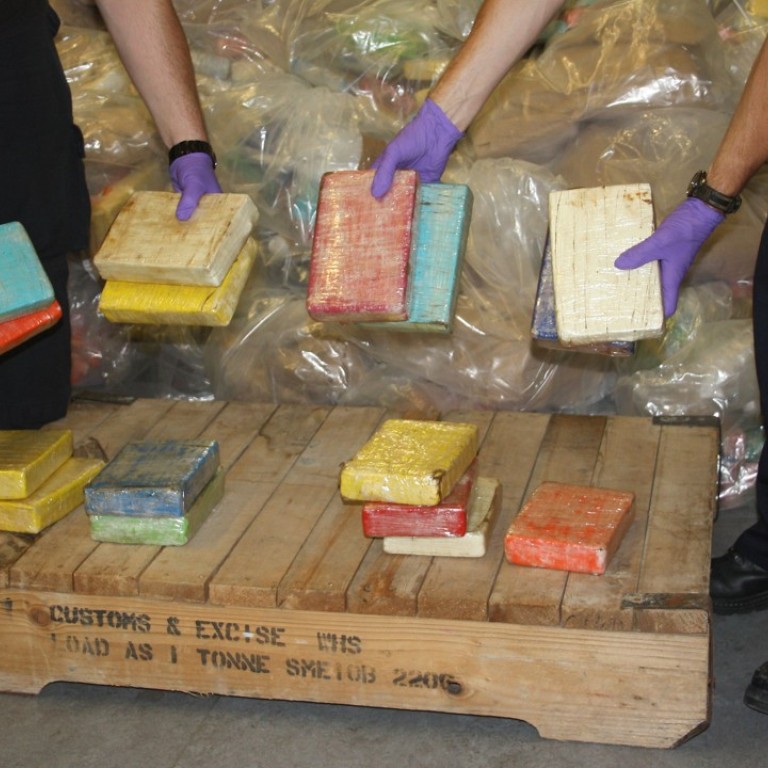
Cocaine-linked mental health hospital admissions in UK treble in 10 years
- Experts said the findings were not surprising given the increased availability of higher purity cocaine and the rise was made worse by government cuts
The number of hospital admissions for mental health disorders linked to cocaine use has almost trebled in the past decade, official figures show.
NHS Digital data has shown that in England between 2017-18 there were 14,470 admissions where patients were experiencing mental and behavioural disorders due to use of cocaine. The number was up year-on-year, substantially higher than the 5,148 between 2007-08. The figures did not distinguish between powdered cocaine and crack cocaine.

Adam Winstock, a consultant psychiatrist and addiction medicine specialist, said the findings were not surprising given the increased availability of higher purity cocaine. The rise in hospital admissions was worrying, he said, adding it had been made worse by government cuts.
“When a rise in people seeking treatment for dependence coincides with drastic cuts in funding and decimation of NHS addiction services it’s a tragedy,” Winstock said. “Mental and behavioural disorders due to cocaine are varied, but the risk of experience of almost all of them are dose dependent – the more of the drug you take and the more frequent you take it, the higher your risk of experiencing them.”
Known side-effects of cocaine include increased irritability, restlessness, panic attacks, paranoia and a full-blown psychosis, in which the user loses touch with reality and experiences auditory hallucinations. With higher doses or increased use, the risk of adverse psychological or physiological effects increase.
The war on drugs is economically, ethically and ecologically flawed
“While higher purity cocaine may give users a better bang for their buck – it also makes it easier to take more … Combined with alcohol the risk of violence goes up as well,” he said.
The Global Drugs Survey, run by Winstock, launches this month and one of the subjects it will look at is whether people would pay more for ethically sourced cocaine.
He said: “The war on drugs is economically, ethically and ecologically flawed … Alternatives that would help combat the harms on democracy and diminish the destructive power of organised crime that causes hundreds of thousands of deaths each year need to be explored.”
Ian Hamilton, a lecturer in mental health at the University of York, said: “The rise in cocaine-related admissions is against a background of a sharp rise in both powdered and crack cocaine use in both younger and older adult populations.”
The UK cocaine market was characterised by an increased availability of higher purity, relatively cheap products, Hamilton said: “In some parts of the country we also have reports of the re-emergence of cocaine injection.”
Figures from the Office for National Statistics showed there were 432 deaths related to cocaine in England and Wales in 2017 compared with 112 in 2011. Cocaine can kill people by causing heart attacks, heart failure or strokes. Risks increase when it has been used with alcohol and other drugs.
At the same time, drug treatment services across the country have been operating with drastically reduced budgets. Data shows that a third of drug rehab centres had closed in five years.
“It is perhaps unsurprising that people who experience problems with cocaine are presenting directly to hospitals in the absence of these protective services,” Hamilton said.

